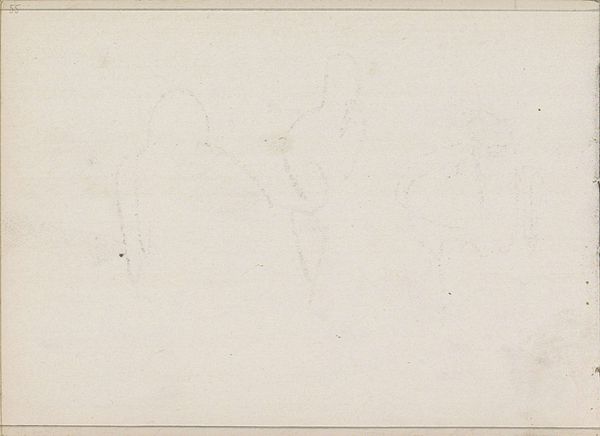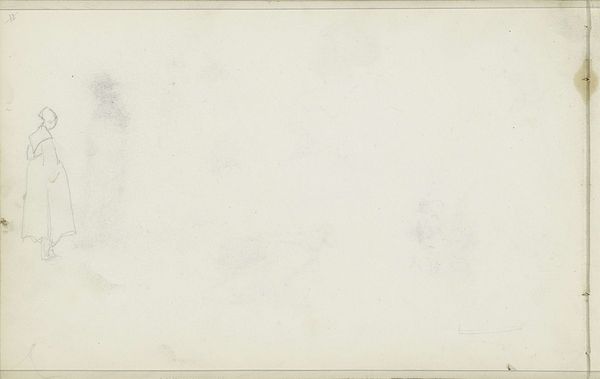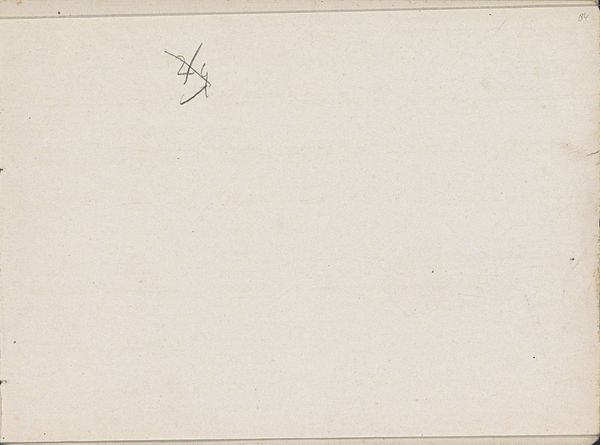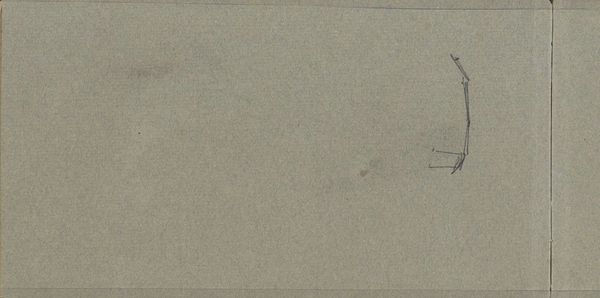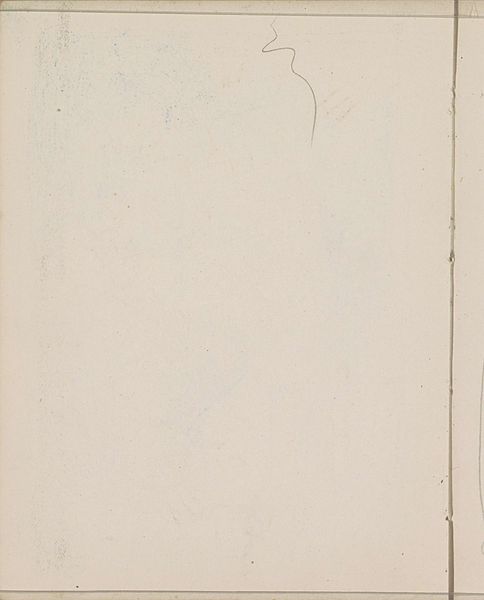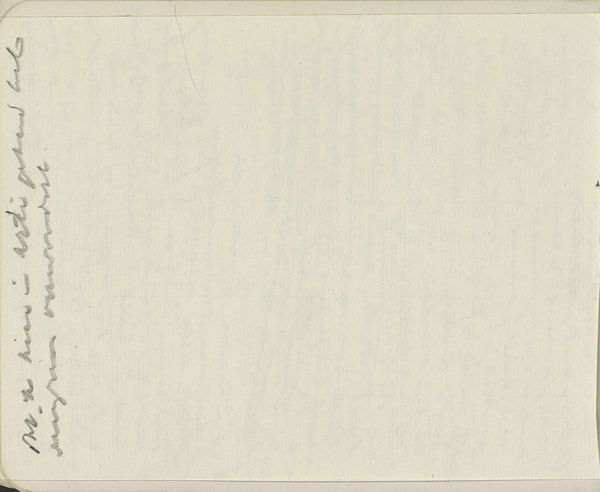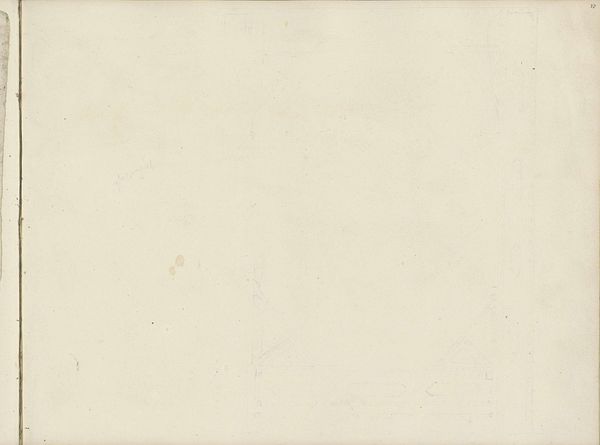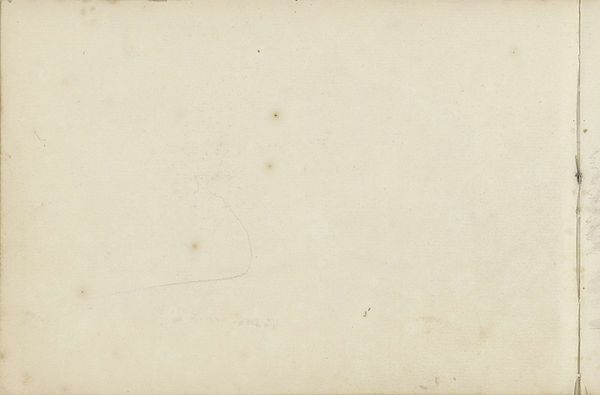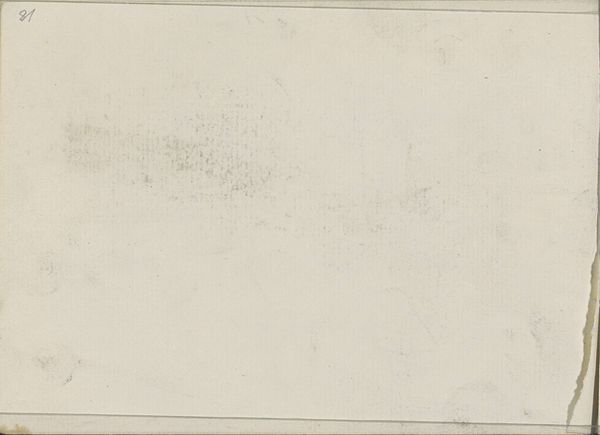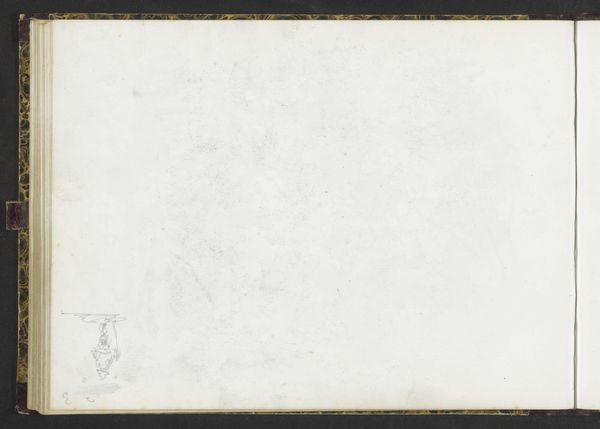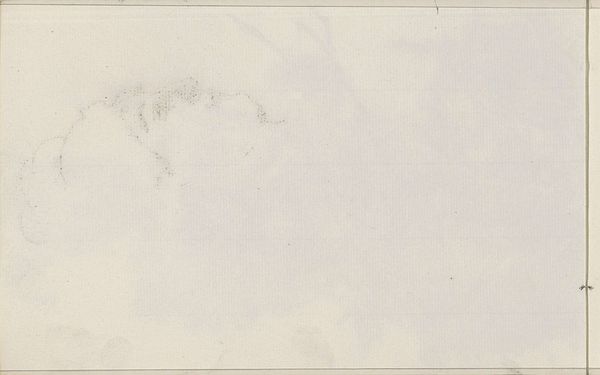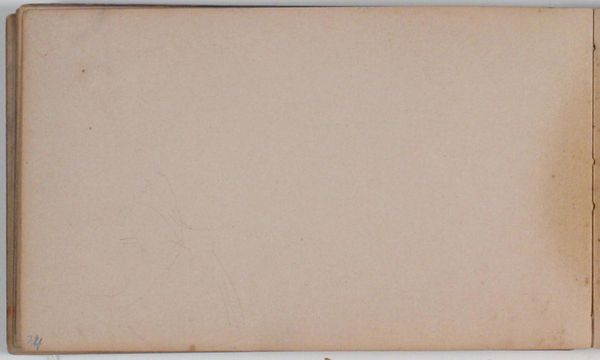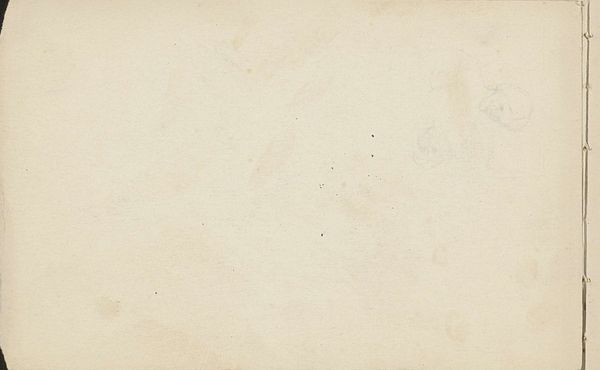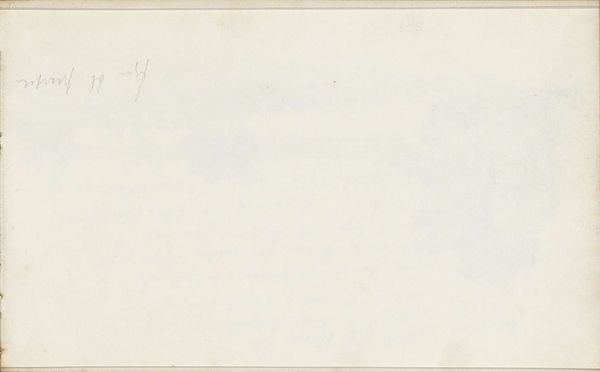
drawing, pencil
#
drawing
#
form
#
geometric
#
column
#
pencil
Copyright: Rijks Museum: Open Domain
Curator: My first impression is... delicate. It's so understated. Is this even finished? Editor: This is Isaac Gosschalk’s “Zuil met basement,” or "Column with Basement," created circa 1860-1861. A pencil drawing of architectural form, the very trace of an idea. Curator: Trace is the perfect word. Like he was almost afraid to commit. Columns, in their full-blown marble glory, always seemed so… insistent. So declamatory. This is a column that whispers. What’s that say about power? Editor: Well, the column as a symbol is fraught, isn’t it? Historically, it signifies power, authority, the establishment. Think about who commissioned these grand structures—usually empires built on exploitation. The sketch format here, as you noted, does soften that rhetoric, potentially inviting a reimagining. Curator: I see it almost as a question. Not a declarative statement, but an invitation to imagine something, something grand yet unfinished. A monument in potential, rather than stone. Editor: Yes, and perhaps Gosschalk, by stripping away the grandeur and presenting just the form, encourages us to think about the structures, literal and figurative, that support power. Curator: And who are the people who literally do the supporting? They never make it into the monument. Only the idea. This pencil sketch makes me think about all the drawings that get discarded, all the unseen labor, the ghosts in the architecture. Editor: Absolutely. The unfinished quality further humanizes it, disrupting the perfection often associated with classical architecture and its attendant power structures. It reminds us that these imposing structures are, at their core, human endeavors. Curator: That the idea of it all relies so heavily on physical execution. Thanks to Isaac Gosschalk, I may never look at a finished column in quite the same way again. I’ll always be searching for the whisper of its origins. Editor: It leaves us questioning the foundations of legacy itself and challenges us to examine what, and whose stories are truly being upheld.
Comments
No comments
Be the first to comment and join the conversation on the ultimate creative platform.
